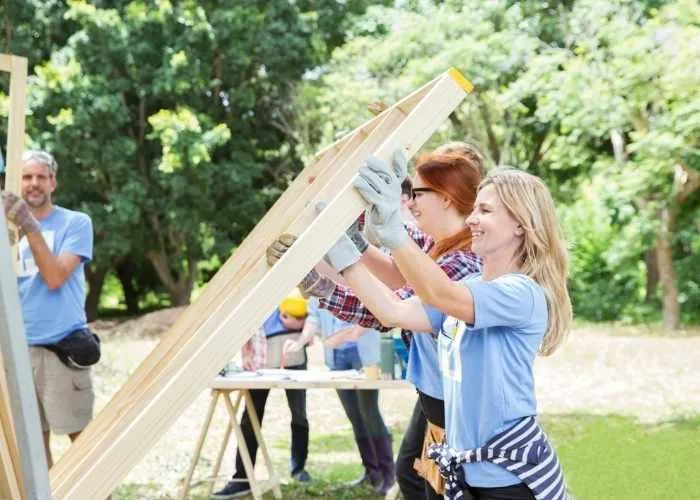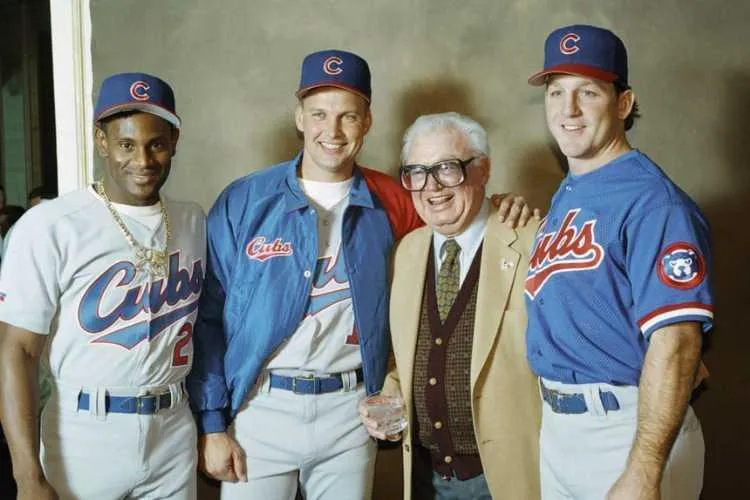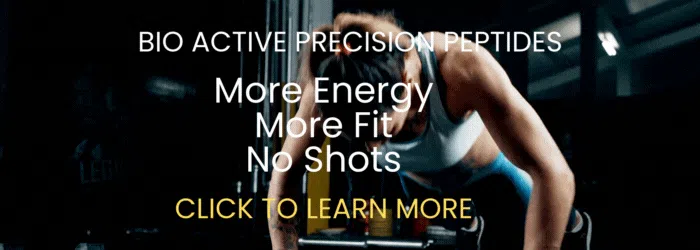

CURRENT ISSUE

Cover Story
Community & Culture
Start Here, Go Anywhere: The TechConnect Pathway at Dixie Tech
2024 Jubilee of Trees: Help Advance Cancer Care at Intermountain St. George Regional Hospital
A Journey of Adventure and Elegance: Life at Obsidian Resort & Residences
Utah Tech University's Dental Hygiene Program Is on the Road to Better Smiles
Relationships & Family


Current Articles

Lesson From Harry Caray
Letter From the Editor
When I think about springtime in southern Utah, I can’t help but think about my teenage years and Chicago—not that I have lived in Chicago (or ever want to live in Chicago), but I do have a nostalgic link to the Windy City. When I was in high school, our cable TV didn’t have many channels, but we did have WGN in Chicago, the home of Chicago Cubs baseball and the iconic voice of the Cubs, Harry Caray.
I loved watching Cubs baseball and listening to Harry Caray’s distinct cadence and unrestrained enthusiasm when calling a game. For me, Harry Caray was a master at creating a shared language and a communal space where stories unfolded and life lessons were inadvertently taught—stories that revealed the deeper truths about our lives, our hearts, and our society.
So, what does Harry Caray have to do with teaching life lessons? To find the answer, we must delve into one particular game, not for its athletic prowess or nail-biting finish but for a moment so subtle it might have gone unnoticed by anyone not attuned to the undercurrents of human connection.

While watching the game on our thirty-two-inch Sony TV, one of the Cubs players, I believe it was Mark Grace, hit a towering foul ball down the first base side. The crowd surged, hands outstretched, as the priceless souvenir headed their way. In the middle of the crowd, a father reached above his sitting young son and effortlessly plucked the ball out of the air with his bare hands. The crowd erupted with applause and shouts of joy as the father, without hesitation, handed the ball to his son. The cameraman panned in on the pair during the exchange, and you could see by both of their expressions that a cherished memory was made, a moment never to be forgotten.
And here's where Harry Caray, in his inimitable way, transformed a simple play-by-play into a profound life lesson. Caray acknowledged the catch and exchange without missing a beat, but then went a step further. He spoke about the unbreakable bond between father and son, about the love that exists in gestures big and small. He talked about the game, yes, but also about life, the importance of shared moments, and the legacy passed down with an action as simple as catching a foul ball and handing it to your child.
In that instant, Harry Caray taught something vital: life, like baseball, is a series of moments, a collection of innings and outs, strikes and home runs. But its richness doesn't just lie in the grand slams; it's also in the foul balls, the quiet catches, the small gestures that might seem inconsequential in the grand scheme but hold immense significance in the tapestry of our relationships. He reminded us that in the grand ballpark of life, it's not just the runs that count but also the catches, the handoffs, and the shared glances that say, without words, "This moment, this memory, is ours."
I hope each one of us can remember the lesson Harry Caray taught that day. In its essence, life is a collection of shared moments—each one precious, each one a story worth telling. May we all cherish every pitch, every out, and every catch.







